Academia has been a consistent thread throughout our lives. Typically, we associate academia with affluent white men.
Even though we have seen a heightened appreciation of female academics, and we have made strides in recognising women in academia, there is much to be done.
To define, equity recognises the various social imbalances that take place within our society. So instead of just giving everyone equal access, it pushes for allocating opportunities and resources based on an individual's requirements.
One way we can push for this is to uplift the voices of these women. I spoke to three female academics with different intersectional identities about their thoughts on embracing equity within academia.
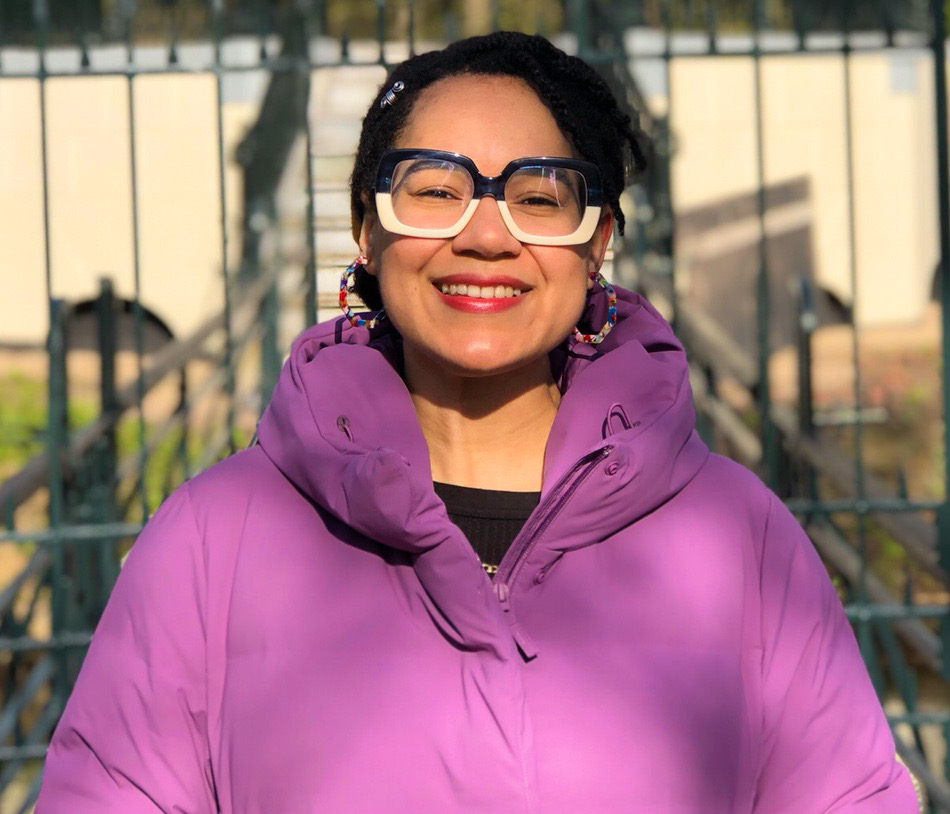 Dr Francesca Sobande
Dr Francesca Sobande
I had the privilege of speaking to Dr Francesca Sobande, a Senior Lecturer in Digital Media Studies and Director of the Digital Media and Society MA Programme at Cardiff University. She focuses on questions surrounding the power and politics of the media and the marketplace.
Her academic journey found its roots in the University of Edinburgh, where Dr Sobande studied Sociology and Politics. Yet, she recalled that in her third year of university, she understood the different people who can be and are part of academia.
Continuing to grow, Dr Sobande achieved her PhD, where she looked at the Digital Lives of Black Women in Britain. Dr Sobande harked on the challenges she faces that are specific to being a black woman in academia and dealing with "forms of racism, sexism and the intersections of ableism".
Recollecting on her PhD studies, Dr Sobande noted that challenges ranged "from a lack of understanding on the focus of Black people in my work to an active dismissal of it". With Dr Sobande receiving questions such as 'Why do something on Black women?'.
Dr Sobande's response is best:
"There can often be this assumption that Black women can't be knowledge producers in their own right, that Black women aren't academics." She says, "It's important for me to emphasise that I feel strongly that knowledge producers aren't just people who work within universities."
Dr Sobande and co-author layla-roxanne hill have recently published 'Black Oot Here: Black Lives in Scotland'. When asked about the writing experience, Dr Sobande expressed how it "is really exciting and can be really joyful." Yet, there was the acknowledgement that, rarely, this sort of work is actively supported by academic institutions, mentioning "we also had experiences where it was clear that different funders/institutions wouldn't view that there was value in this work".
Dr Sobande highlighted the importance of "Ensuring that access to resources, whether that's time, support or funds".
Similar sentiments were conveyed when speaking with Hari Berrow, a PhD student at Cardiff University.
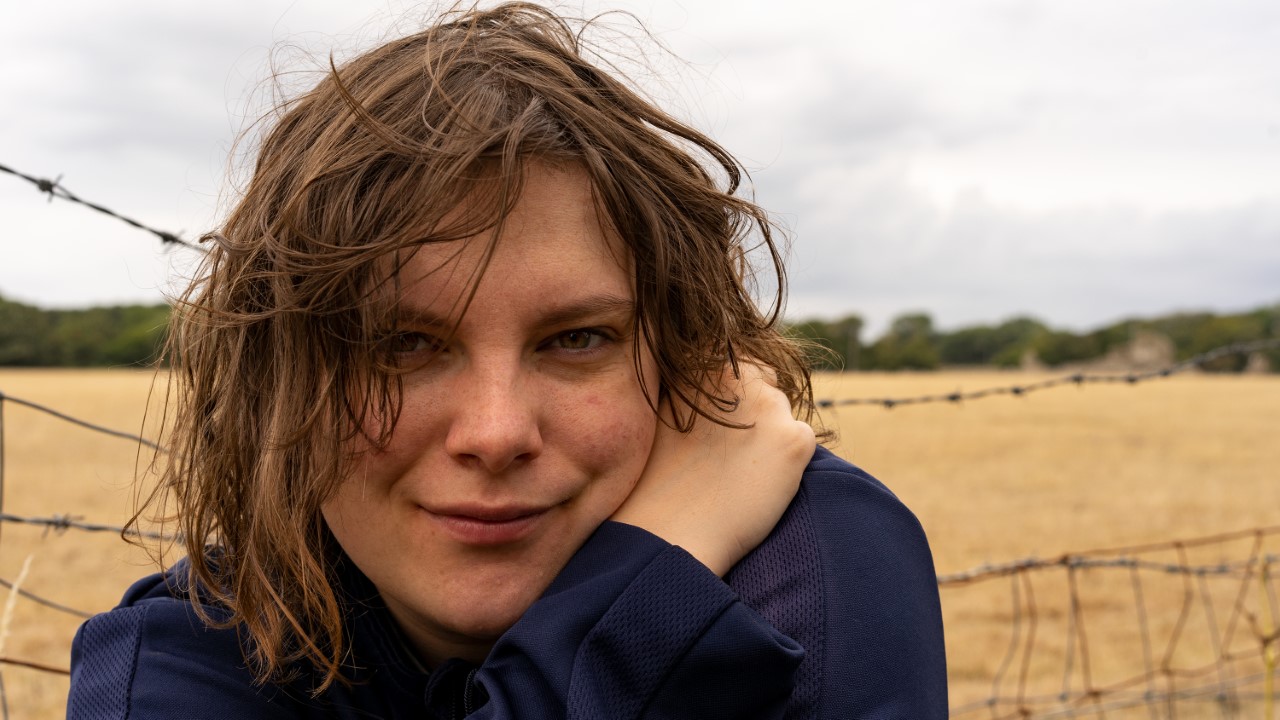 Credits: Tom Allen
Credits: Tom Allen
Berrow passionately took me through her academic journey. Stating, "I feel like I've fallen into academia at every single point".
With a vibrant start in acting, Berrow then went on to undertake a Masters in Creative Writing before her current PhD honing into presentations of mental ill-health in scripted works. She highlighted how she "never anticipated being a PhD student" as she believed she "wasn't intelligent enough for that".
As a working-class girl from Caerphilly, she emphasised the issue of not having the "language everyone else had". Berrow continued: "I didn't sound clever; I didn't sound middle-class enough for me to feel like I was clever". A common theme that permeated her speech was her passion for instilling that "sounding clever" does not matter.
When questioned on what equity would look like, Berrow expressed,
"The thing that I would like most for all women in academia is for them to eventually not need to identify themselves as women in academia".
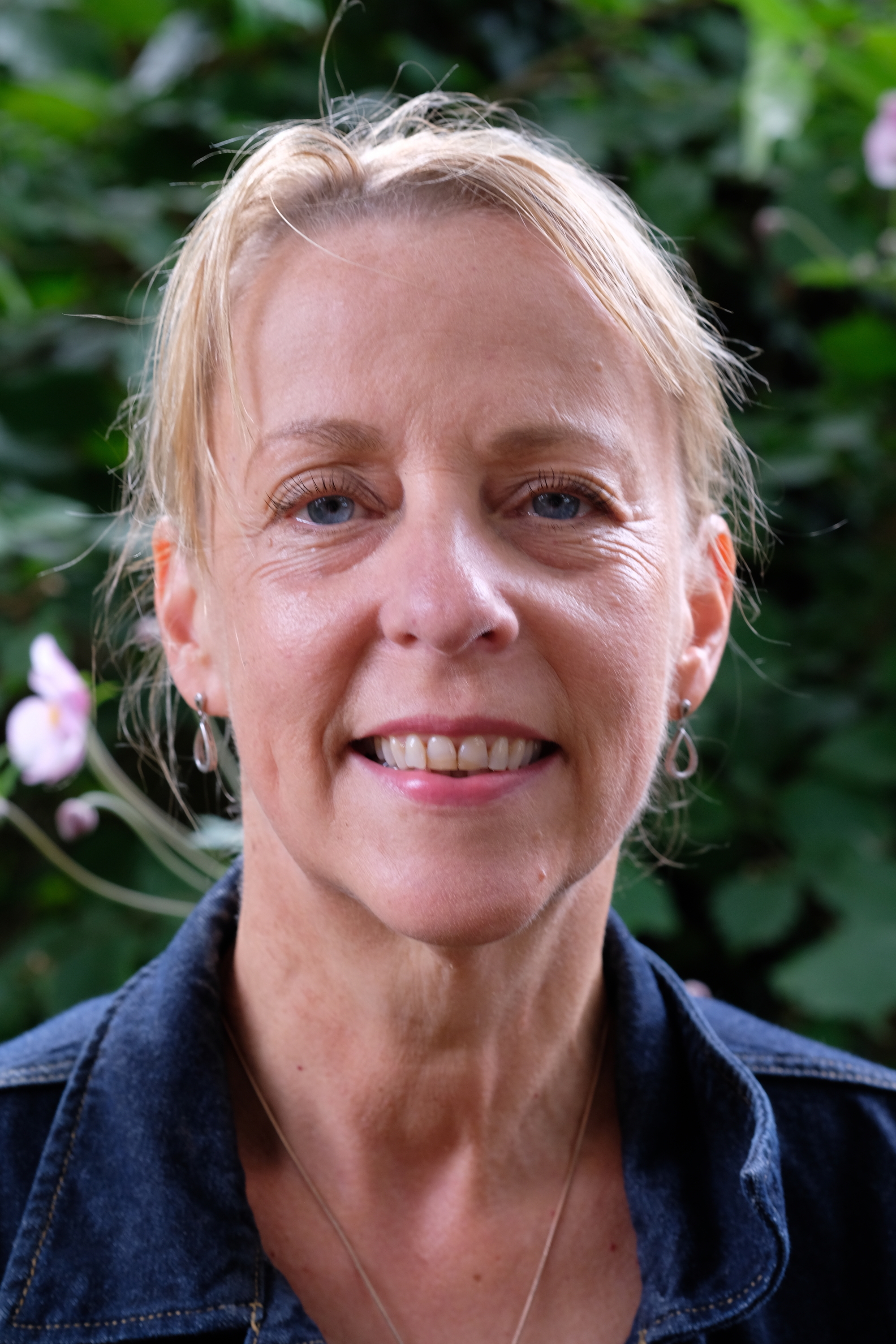 Dr Cindy Carter
Dr Cindy Carter
My third interview was with Dr Cindy Carter, a Reader at Cardiff's School of Journalism, Media and Culture (JOMEC). With research spanning feminist news studies to children and the media, Dr Carter has spent almost 31 years at JOMEC.
Starting university in Canada, she then went on to undertake her Masters. Moving to the UK for further studies, Dr Carter completed her PhD. Carter is the Founding Co-Editor of the journal Feminist Media Studies, published by Routledge. During the establishment of the journal, Dr Carter mentioned how they tried "to create spaces for scholars who otherwise wouldn't have found them".
When asked about her academic experience, she said, "In the early days, I did feel as though there was a lot of inequity with women". As a young mother early in her career, she recalled meetings being held at six o'clock in the evening. Continuing, "Sometimes I would get raised eyebrows when I had to go pick up my son from school at three o'clock".
Addressing issues of promotions, Carter voiced how it took her a long time to be promoted, recollecting how it was "more difficult for women to get promoted because there was still this idea that women were more naturally suited to pastoral care and dealing with students".
Carter maintained the importance of attending to all structural inequalities that "make it more difficult for women to advance in the university."
Academia has come a long way, but there is still a way to go. Women in academia face many intersecting challenges that require the embracing of equity.
As Dr Cindy Carter stated:
"It's not an easy field to get into; it's hard work and very demanding. With all the caveats aside, it can be enormously rewarding."


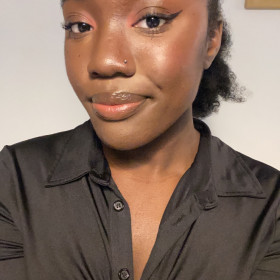


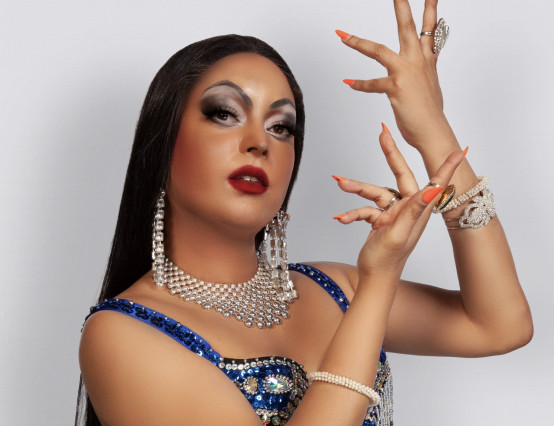



0 Comments